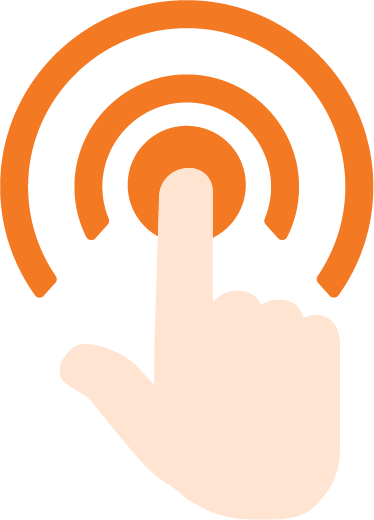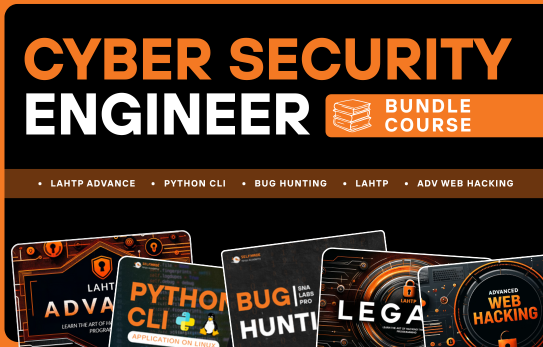Real Skills. Real Projects. Real Outcomes. 🌾 Pongal Offer — Up to 15% OFF on courses (Jan 11–17) Enroll now For offer details and courses, please contact the program advisor. Click the WhatsApp button to get the course details. Enroll now Real Skills. Real Projects. Real Outcomes. 🌾 Pongal Offer — Up to 15% OFF on courses (Jan 11–17) Enroll now For offer details and courses, please contact the program advisor. Click the WhatsApp button to get the course details. Enroll now Real Skills. Real Projects. Real Outcomes. 🌾 Pongal Offer — Up to 15% OFF on courses (Jan 11–17) Enroll now For offer details and courses, please contact the program advisor. Click the WhatsApp button to get the course details. Enroll now Real Skills. Real Projects. Real Outcomes. 🌾 Pongal Offer — Up to 15% OFF on courses (Jan 11–17) Enroll now For offer details and courses, please contact the program advisor. Click the WhatsApp button to get the course details. Enroll now Real Skills. Real Projects. Real Outcomes. 🌾 Pongal Offer — Up to 15% OFF on courses (Jan 11–17) Enroll now For offer details and courses, please contact the program advisor. Click the WhatsApp button to get the course details. Enroll now Real Skills. Real Projects. Real Outcomes. 🌾 Pongal Offer — Up to 15% OFF on courses (Jan 11–17) Enroll now For offer details and courses, please contact the program advisor. Click the WhatsApp button to get the course details. Enroll now Real Skills. Real Projects. Real Outcomes. 🌾 Pongal Offer — Up to 15% OFF on courses (Jan 11–17) Enroll now For offer details and courses, please contact the program advisor. Click the WhatsApp button to get the course details. Enroll now Real Skills. Real Projects. Real Outcomes. 🌾 Pongal Offer — Up to 15% OFF on courses (Jan 11–17) Enroll now For offer details and courses, please contact the program advisor. Click the WhatsApp button to get the course details. Enroll now Real Skills. Real Projects. Real Outcomes. 🌾 Pongal Offer — Up to 15% OFF on courses (Jan 11–17) Enroll now For offer details and courses, please contact the program advisor. Click the WhatsApp button to get the course details. Enroll now Real Skills. Real Projects. Real Outcomes. 🌾 Pongal Offer — Up to 15% OFF on courses (Jan 11–17) Enroll now For offer details and courses, please contact the program advisor. Click the WhatsApp button to get the course details. Enroll now
FIRMWARE DEVELOPMENT WITH MICRO PYTHON
This course on Firmware Development with MicroPython offers an in-depth exploration of embedded systems programming tailored for firmware creation. You'll gain foundational knowledge of MicroPython, delve into board compatibility with devices like Raspberry Pi Pico and ESP32, and master essential skills such as GPIO control, communication protocols, and firmware optimization. With practical projects, you'll integrate sensors, explore networking, and build robust applications for IoT, smart devices, and cutting-edge robotics.
(29+ Students)
Total Duration
1 - 3 Months
Timings
Flexible Course
Format
Recorded
Price 29,997
9,999 + Tax*
What are the Things you Master from Course?

Zephyr

Micro Python

Cloud Integration

API

Sensors

ESP32

Raspberry Pi Pico

Firmware Development
What Are The Topics Covered By This Course?
-
Introduction to MicroPython: We will start with the basics of MicroPython, including its syntax and structure. You will learn about its relevance in embedded systems and its advantages over traditional programming languages for microcontrollers.
-
Firmware Development with MicroPython: Explore the core principles of developing and deploying firmware for microcontrollers using MicroPython. Learn how to efficiently manage hardware resources, integrate peripherals, and optimize performance for real-world embedded applications.
-
Boards and Compatibility: In this section, you will explore MicroPython-compatible boards like Raspberry Pi Pico, ESP32, and STM32. You will learn about the unique features of these boards and how to choose the right one for your project.
-
Baremetal Programming: You will understand how MicroPython operates without an operating system. This section will cover the fundamentals of baremetal programming and its applications.
-
GPIO Control: Learn how to interact with GPIO pins for input and output. We will cover tasks like reading sensors, controlling LEDs, and working with PWM for motor and light control.
-
Communication Protocols: You will learn how to use SPI, I2C, and UART protocols to interface with sensors, displays, and other peripherals. Hands-on examples will demonstrate these protocols in action.
-
MicroPython with Raspberry Pi Pico and ESP32: This section explores the capabilities of two popular boards: Raspberry Pi Pico, powered by the RP2040 chip, and ESP32, known for its Wi-Fi and Bluetooth support. You will learn to create practical projects such as temperature loggers, light sensors, weather stations, and remote-controlled systems, leveraging the unique features of each board to build versatile IoT applications
-
Cloud Connectivity: Learn how to connect your MicroPython projects to the cloud. You will use MQTT and HTTP protocols to send and receive data. Examples include IoT dashboards and remote monitoring systems.
-
Interfacing with Sensors and Modules: This section covers working with sensors like DHT22, MPU6050, and ultrasonic sensors, as well as modules like GPS, RFID, and cameras. You will build projects such as environmental monitoring systems and tracking devices.
-
Networking and Web Applications: Create simple web servers with MicroPython to host control dashboards for IoT devices. You will learn how to interact with devices over a network.
-
Zephyr Integration: You will be introduced to Zephyr RTOS and learn how to integrate it with MicroPython for complex embedded systems.
-
GUI and Display Integration: Learn how to interface with OLED, LCD, and e-ink displays to create user-friendly interfaces for your projects.
-
Advanced Topics and Capstone Projects: In this section, you will dive into advanced concepts such as asynchronous programming, multithreading, and memory management, equipping you with the skills to optimize real-time application performance. You will then apply everything you’ve learned to build advanced projects like smart home automation systems, IoT-based data visualization platforms, and robotic arms, showcasing the full potential of MicroPython in solving real-world problems.
What Are The Benefits Provided By This Course

Course Completion Certificate
Community Support

Hands-On Experience

Expert Instruction

Networking Opportunities

Six Months SNA Lab access
SNA Mentor
Course:
FIRMWARE DEVELOPMENT WITH MICRO PYTHON
Price:
₹9999 + Tax*
What Included
- Course Completion Certificate
- Community Support
- Hands-On Experience
- Expert Instruction
- Networking Opportunities
- Six Months SNA Lab access
















.png)



.png)
.png)
.png)
.png)
